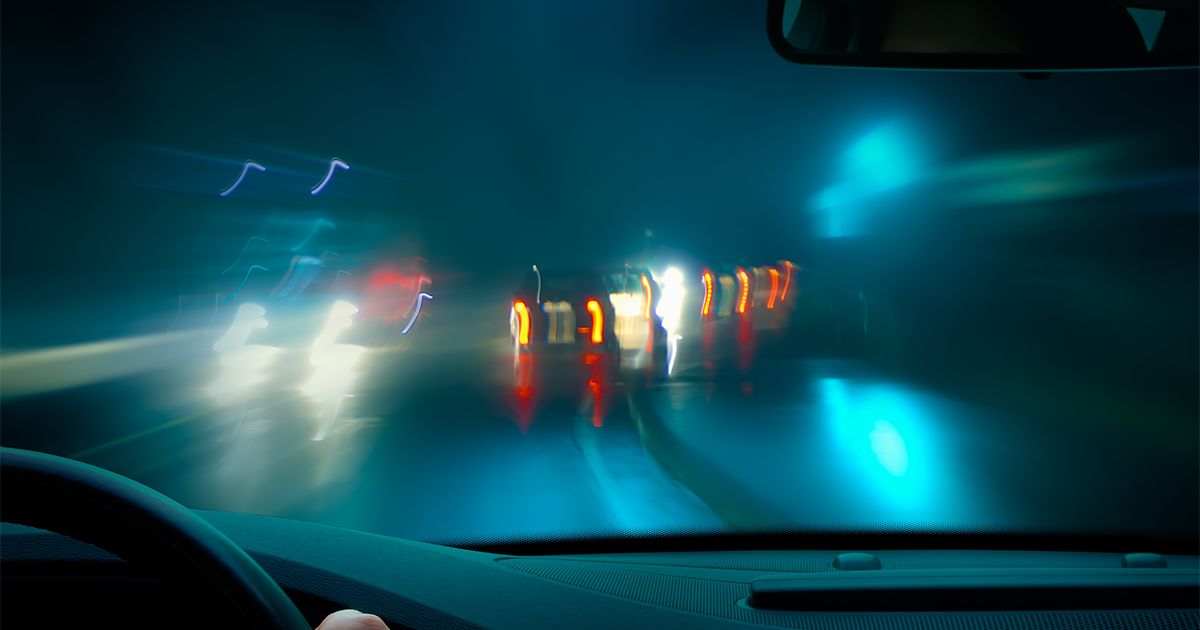Is ageing a problem for night driving?

Night blindness, or nyctalopia, can be a serious traffic hazard, particularly among older motorists who drive after dark.
Difficulty driving at night can be caused by a dietary imbalance, an eye condition or a chronic eye disease.
The problem may compound because some older drivers with age-related vision problems may not visit an optometrist frequently enough to make sure they can see well enough to drive safely.
Adding to this issue, eye problems such as cataracts can develop so slowly that older drivers may be unaware that their vision is declining.
As well as a decline in vision as we age, we may also experience cognition and motor function as part of the process.
These factors make older drivers vulnerable to accidents in driving situations that require good visual perception, attention and reaction time.
Why is ageing a problem for night driving?
A number of changes occur in the eye that can affect night driving vision, including:
Pupils - these shrink and don't dilate as much in the dark as we age, reducing the amount of light entering the eye. Some researchers have estimated that the retina of an 80-year-old receives far less light than the retina of a 20-year-old, making older drivers function as though they are wearing sunglasses at night.
The ageing cornea and lens in the eye become less clear causing light to scatter inside the eye, which increases glare. These changes also reduce contrast sensitivity — the ability to discern subtle differences in brightness — making it harder to see objects on the road at night.
An older person may exhibit normal visual acuity in an eye test but still struggle to focus on the road at night, where lighting is poor and more complex visual tasks are required.
Many people's eyes have optical imperfections called higher-order aberrations that can't be corrected with glasses or contact lenses. These aberrations can increase with age and cause glare, especially when the pupil dilates at night.
The risk of age-related macular degeneration (AMD), glaucoma, diabetic retinopathy and cataracts increases with age. These conditions can affect night vision even when they are in early stages.
Ironically, high beams, auxiliary lights and fog lights designed to help you see better at night can put you at risk for an accident due to the glare you may experience when oncoming vehicles have these features.
Finally, some motorists who have undergone laser vision correction such as LASIK may experience increased glare from oncoming headlights due to corneal higher-order aberrations caused by their surgery.
Schedule an eye test
The only way to make sure your vision is acceptable for driving at night as you get older is to schedule a comprehensive eye test with your optometrist.
Page published on Tuesday, 17 March 2020






